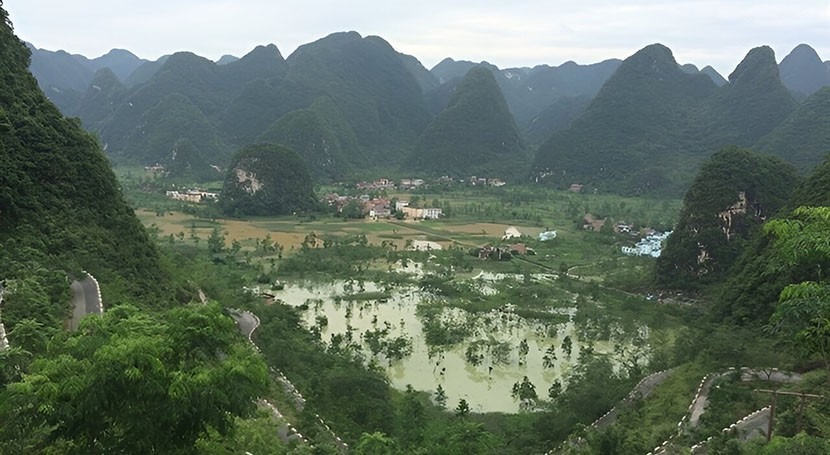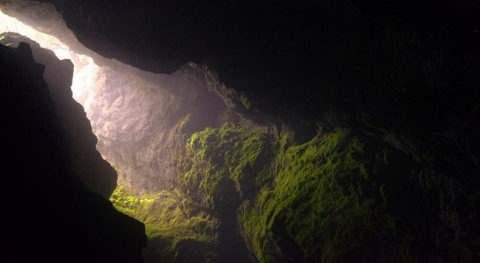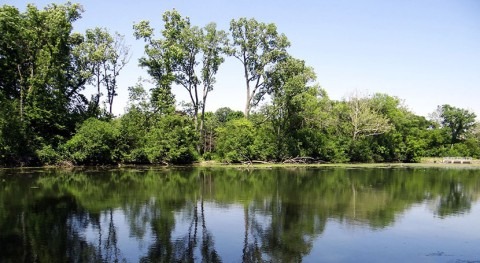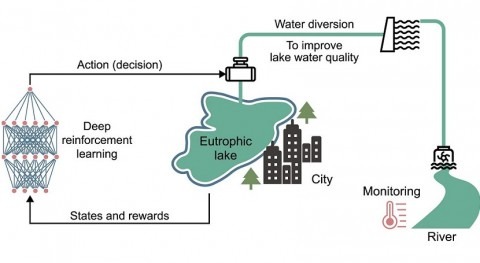Karst regions, which cover about 15% of the Earth's land surface, provide freshwater for about a quarter of the world's population. Despite their importance, these areas are prone to frequent and often unnoticed groundwater flooding.
These hidden floods pose significant risks, yet they have historically been neglected by the public, scientists, and policymakers, revealing a significant gap in environmental management.
In a recent article published in Science, researchers led by Prof. Nie Yunpeng from the Institute of Subtropical Agriculture of the Chinese Academy of Sciences issued a critical warning about the risks of groundwater flooding.
They called for comprehensive water management to effectively combat groundwater flooding. Notably, this is the third time that Science has published a paper related to the karst ecosystem in southwest China.
According to the researchers, traditional flood control methods, such as dikes and dams, are inadequate for addressing groundwater flooding because the mechanisms involved are fundamentally different from surface flooding
The researchers synthesized studies from karst areas in southern China and Iran, as well as from other non-karst regions around the world. Their findings highlight the unique characteristics, destructive potential, and complex causes of groundwater flooding, as well as the environmental impacts and risks associated with contaminant migration into groundwater systems.
According to the researchers, traditional flood control methods, such as dikes and dams, are inadequate for addressing groundwater flooding because the mechanisms involved are fundamentally different from surface flooding.
The lack of dedicated monitoring and research for groundwater flooding limits the development of predictive models and restricts the use of AI technologies in flood forecasting, especially in regions with insufficient data.
To address these issues, the researchers propose several strategies, including the development of cost-effective groundwater monitoring and data transmission technologies. They advocate for the establishment of extensive networks of groundwater monitoring systems and stress the need to assess the impact of vegetation and land-use changes on groundwater dynamics.
"Groundwater flooding, while prevalent, remains largely unrecognized and unaddressed globally," said Dr. Hamid M. Behzad, first author of the article. "These measures aim to strengthen comprehensive water management plans that actively involve the public and are coordinated by operational departments, ensuring the sustainable use of both surface and groundwater resources."



















